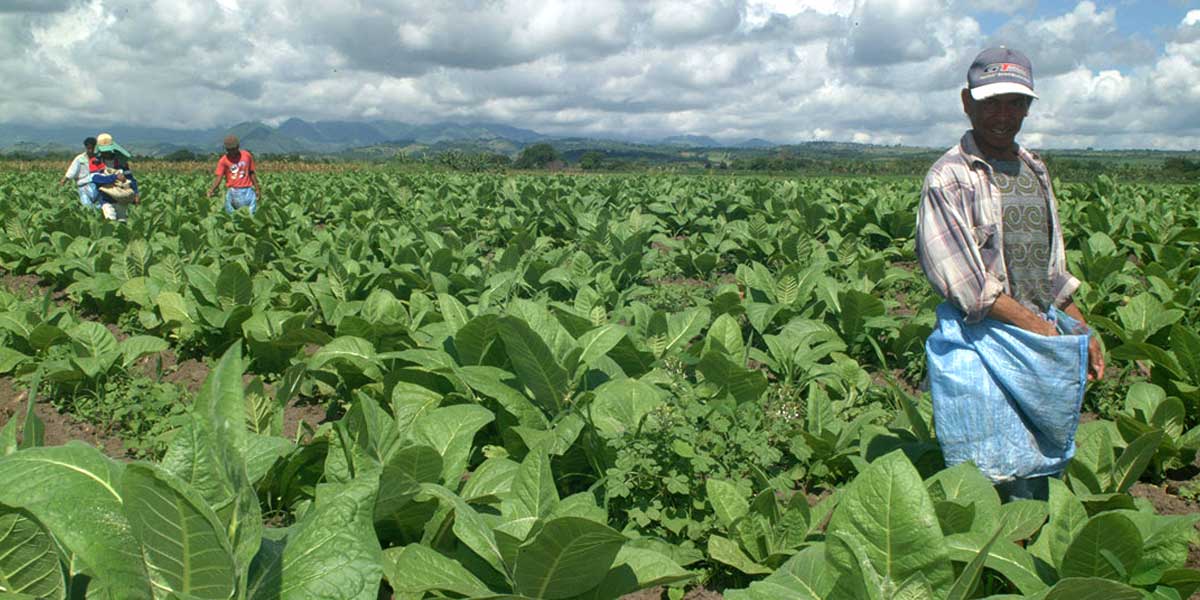
The Social Watch Philippines (SWP), an organization advocating for people-centered health policies, has called on the Department of Agriculture (DA) to reaffirm its duty to achieve food security and empower farmers.
“Earlier this week, Agriculture Undersecretary Deogracias Victor Savellano appealed to the tobacco-producing provinces in Northern Luzon to increase their export production to sustain the industry’s contribution to the local economy. Savellano’s demand contradicts the president’s plan for healthier communities and lifestyles. Several studies revealed that tobacco farming is labor-intensive, generates little profit for farming households, and affects the overall health of the farmers,” said SWP Co-Convenor Dr. Ma. Victoria Raquiza.
“We need to properly implement laws assuring that our health, agriculture, and economic interests go hand in hand instead of calling for additional production,” Raquiza added.
She reiterated that several laws and evidence-based approaches already encompass all aspects to support the livelihood shift of tobacco growers and workers.
According to Raquiza, Republic Act 11346 stated that an annual amount equivalent to five percent of the revenue collected from the excise tax on tobacco products, but not exceeding four billion pesos, shall be allocated and divided among the provinces producing burley and native tobacco.
“RA 11346 stated that the funds shall be exclusively utilized for programs that promote economically viable alternatives for tobacco farmers and workers. These include projects aiming to produce agricultural products, including high-value crops, livestock, and fisheries. The law also instructs budget allocation to boost tobacco-growing provinces’ tourism potential,” Raquiza added.
She cited that Articles 17 and 18 of the World Health Organization – Framework Convention on Tobacco Control (WHO FCTC) also recommends the same. The country is a signatory of the said treaty.
In 2020, the tobacco industry brought revenues worth PHP149.7 billion in excise tax collections for the government.
The Sin Tax Law of 2012 earmarks around 85 percent of incremental tax revenues collected from excise tobacco and alcohol taxes to implement Universal Health Care.
However, the Department of Health (DOH) reports that the total economic costs of tobacco-related diseases amount to PHP365.79 billion in 2021.
The direct medical cost from tobacco use reached PHP247 billion, the indirect cost due to premature death was PHP73 billion, and the indirect cost for morbidity was PHP30.7 billion.
“The public health costs undeniably outweigh the benefits. As the secretary of DA, the president holds the perfect position to prioritize investment in the health of Filipinos and reimagine possible agricultural transformation. He can assist farmers in switching to more profitable, sustainable, and healthy food crops. Our farmers deserve higher income and better health,” Raquiza said.


















